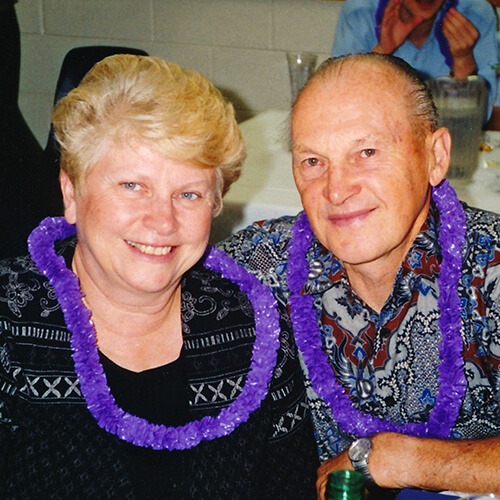Gifts that pay you back
Transfer securities, cash, or other property to Maranatha Volunteers International and we’ll manage the investment of the assets and pay an income to you, your designated beneficiaries, or both. Receive payments for the rest of your life or, in some cases, up to a certain number of years.
Explore income gift options
Learn about gift types that enable you to impact our organization while supporting yourself or loved ones for years to come.
Charitable Gift Annuities
Experience the best of both worlds: support our cause while receiving fixed payments for life with a Charitable Gift Annuity.
Charitable Remainder Trusts
Tailor income streams, diversify assets, and leave a lasting legacy through the flexibility of a Charitable Remainder Trust.
Planned Giving Helps Build our Mission
Maranatha Volunteers International invites you to plan for your future while making a lasting effect on a mission that you care about. Planned giving gifts are essential to our ability to continue building churches and schools and drilling water wells. These gifts provide long-term support ensuring that we can continue this important ministry.


Andy and Bunny Peterson’s Story
Andy Peterson began volunteering with Maranatha in the 1960’s, and it quickly became one of his most consuming interests.
Read moreWe’re here to help you meet your goals!
Our team would be happy to speak with you in confidence about your giving goals, with no obligation.
Name: Shawnda McCaleb
Title :Director of Advancement
Phone: 916-774-7700
Email: smccaleb@maranatha.org
Already included us in your estate plan? Let us know
More ways to make an impact
Gifts in a will or trust
Donations in your will or trust are (by far) the most popular type of planned gift. Learn more, or get help starting your will (for free!).
Beneficiary designations
Gifting assets not covered by your will — like 401(k) or IRA accounts — may help your heirs avoid unwanted taxes, even if you’re below the estate tax threshold.
Popular tax-smart gifts
Many people are increasingly choosing to give non-cash assets, so they can have a bigger impact at less cost to them.